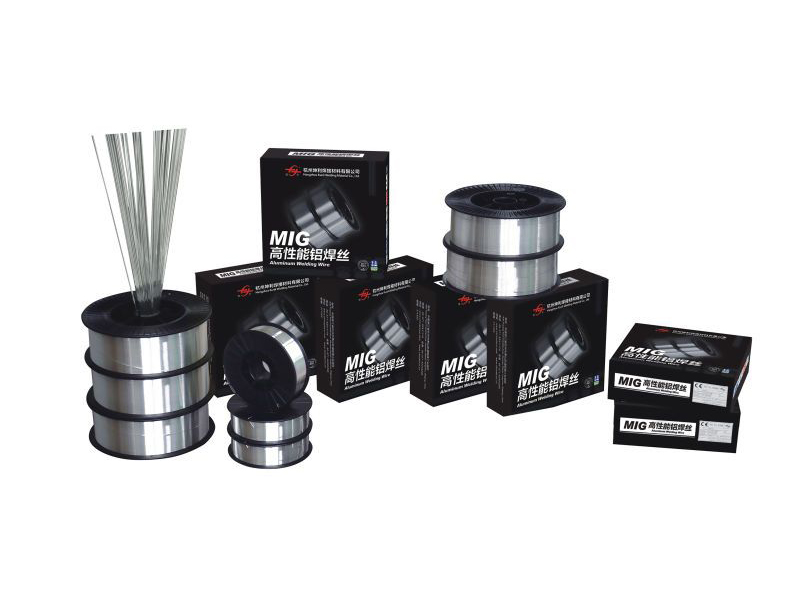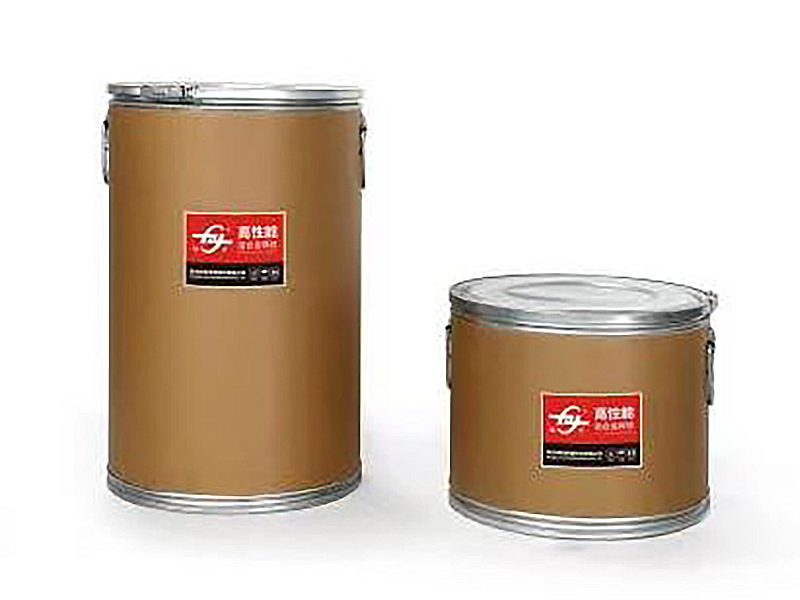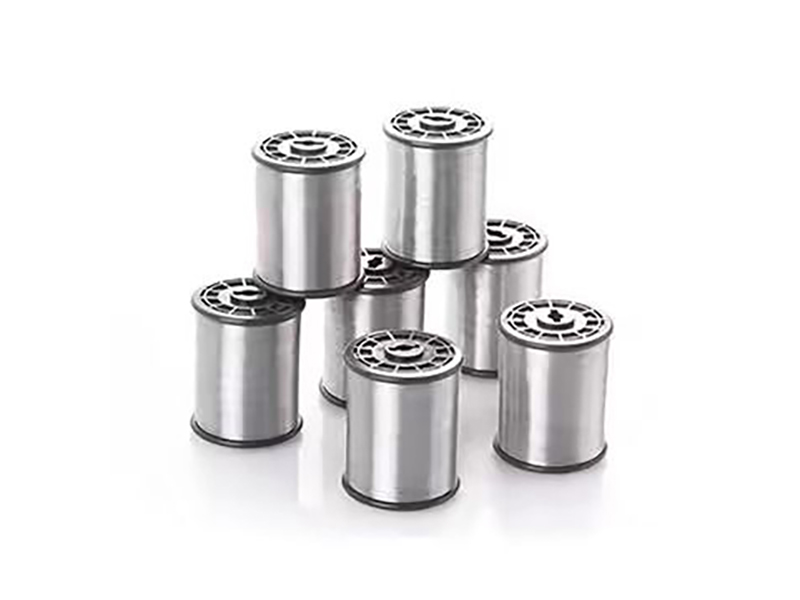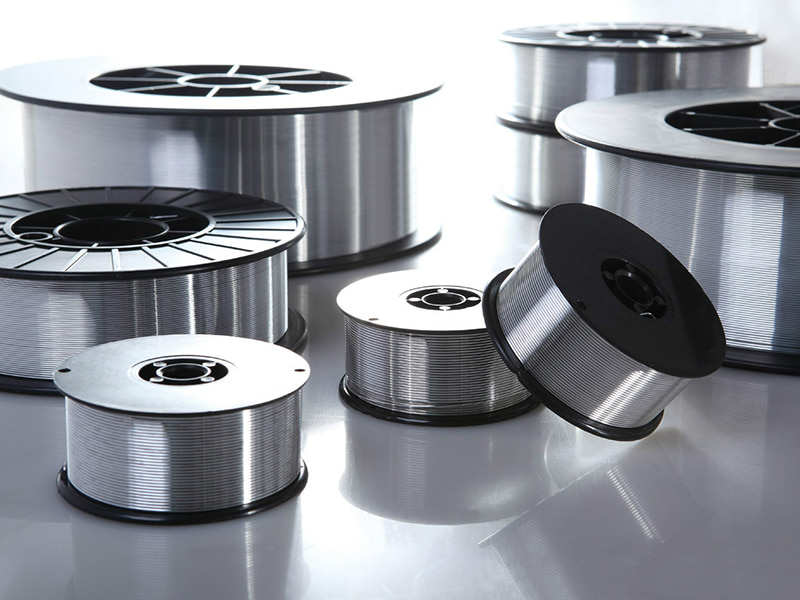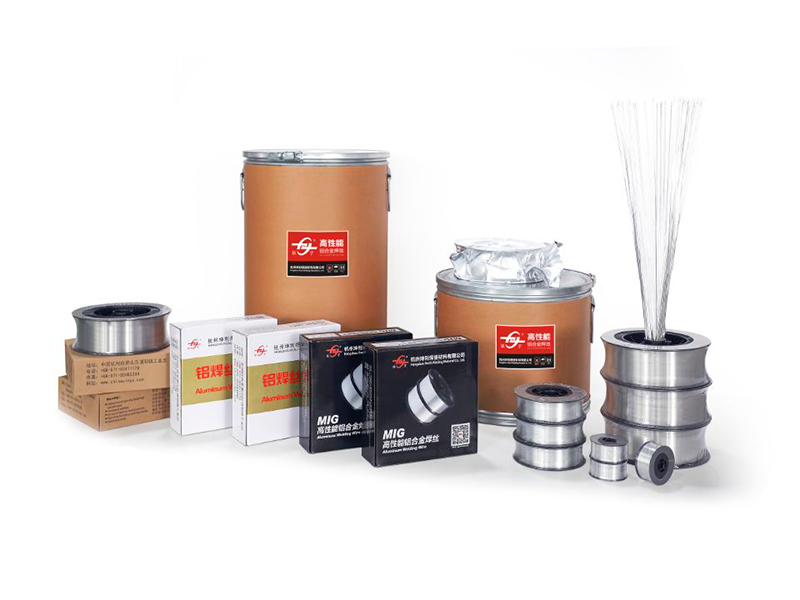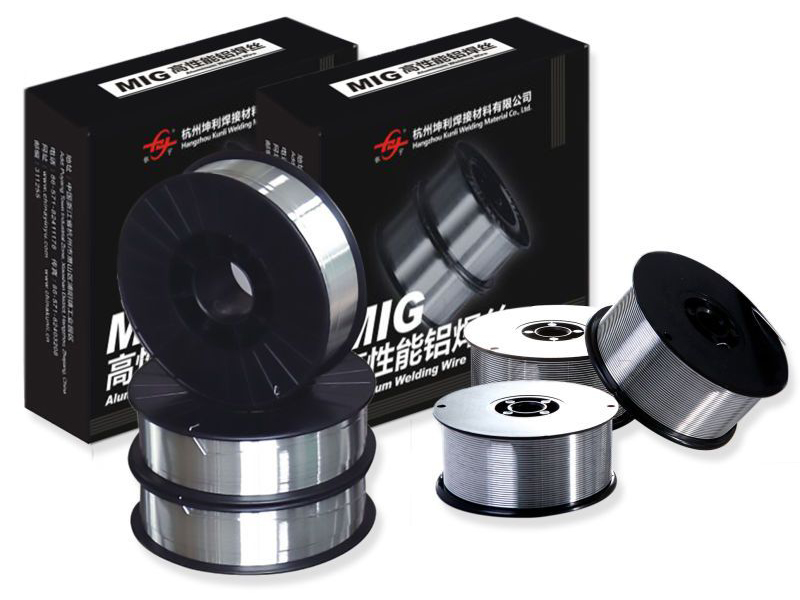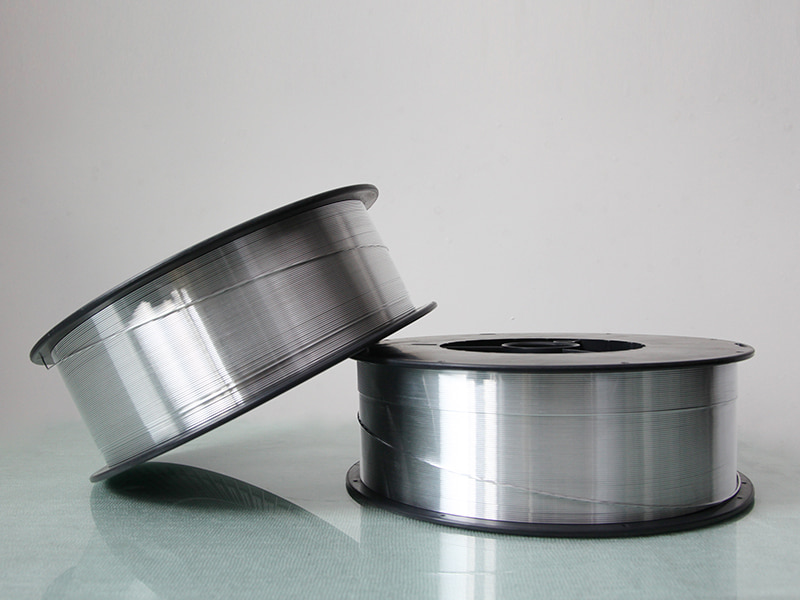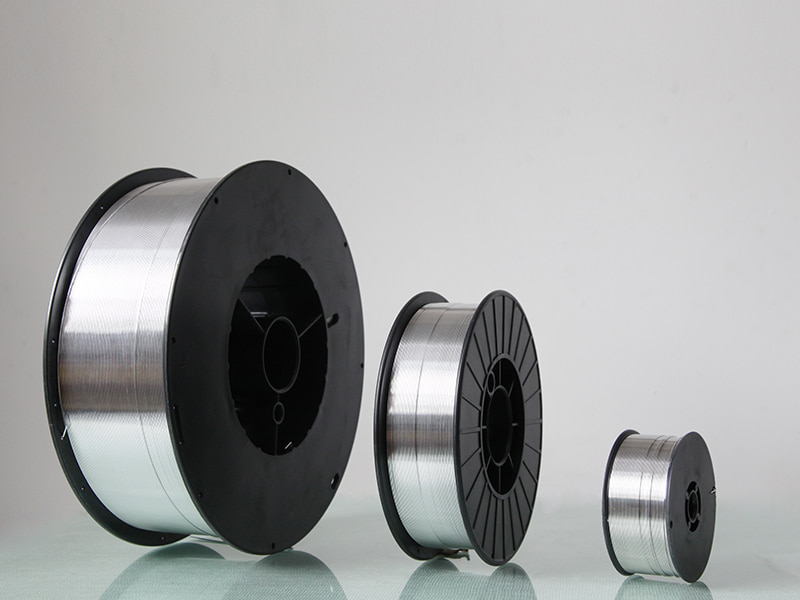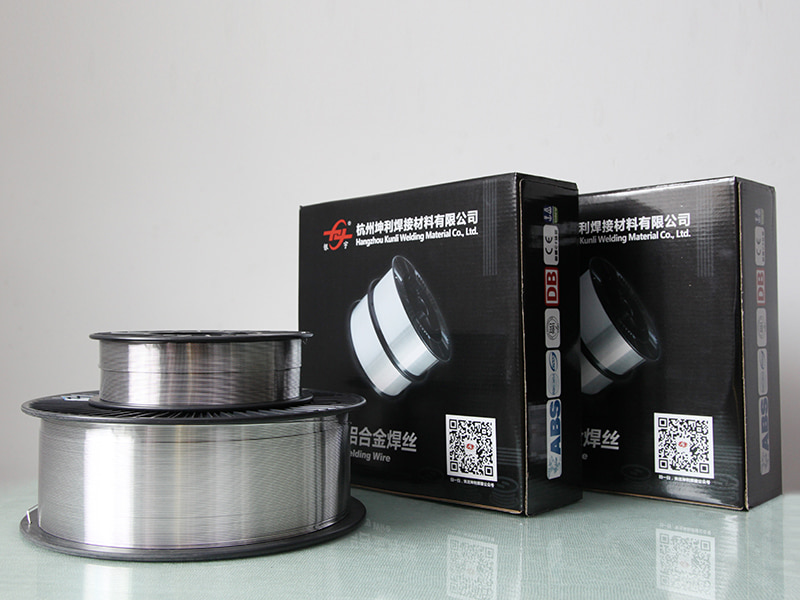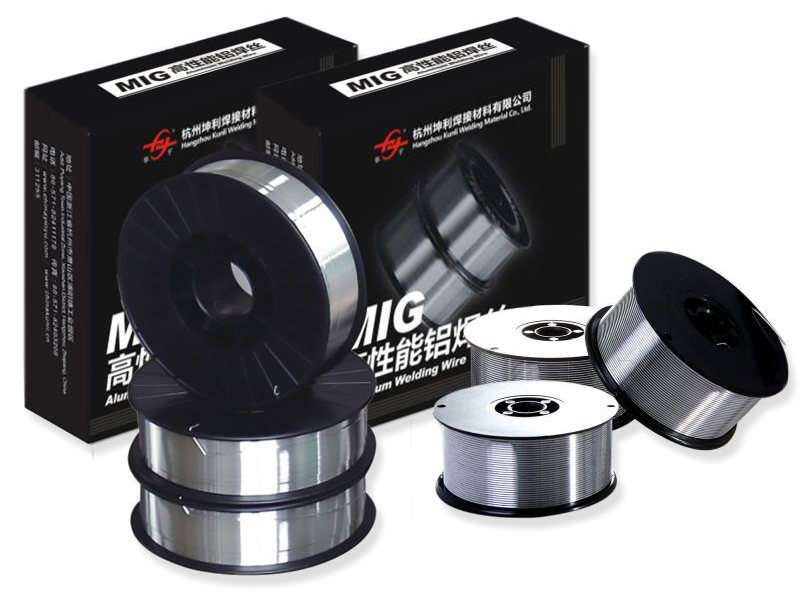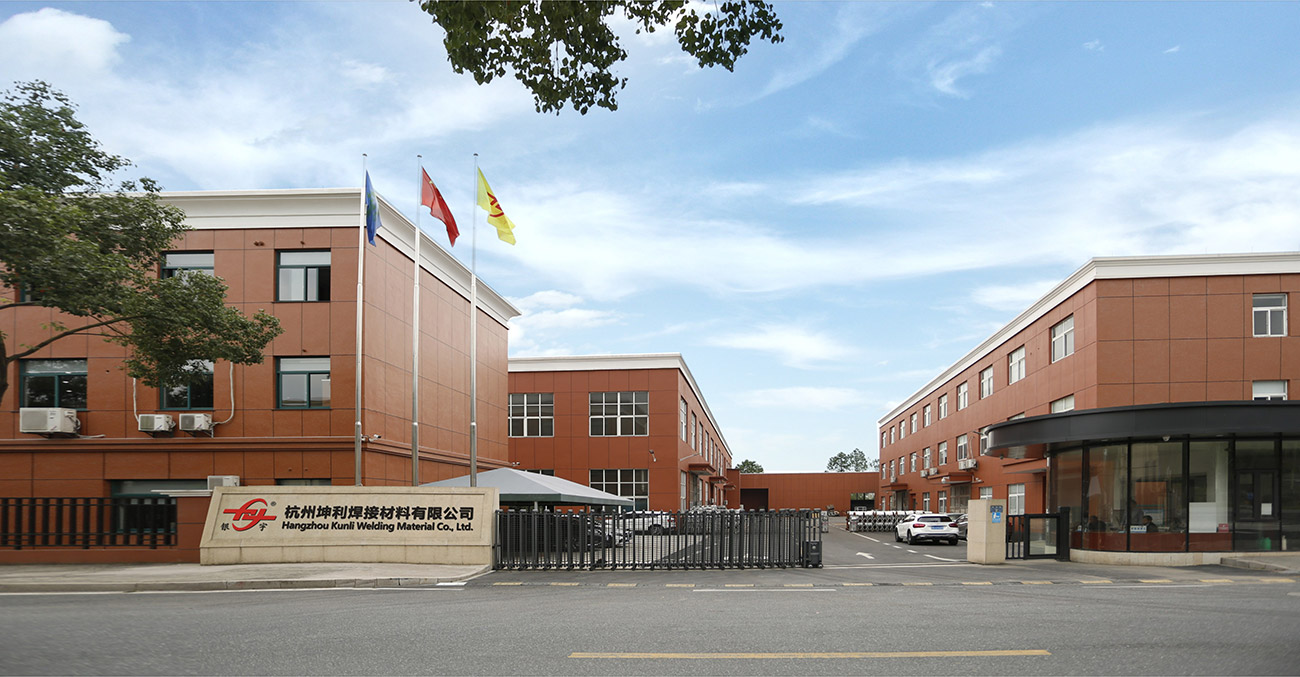Introduction
Corrosion resistance is a non-negotiable requirement for aluminum welds exposed to saltwater, chemical environments, or high humidity. Our specialized range of corrosion-resistant wires, dominated by high-Magnesium alloys like ER5183, is manufactured with precise control over trace elements (such as Iron and Copper) which can compromise corrosion performance. These wires are essential for long-term structural integrity in marine, chemical, and transportation applications.
Specification
| Key Property | High resistance to Stress Corrosion Cracking (SCC) |
| Material Focus | ER5183, ER5356, ER5556, and other 5XXX series alloys |
| Certification | Often certified by ABS, DNV GL, and CCS for marine environments |
| Alloy Composition | Precisely controlled Magnesium (Mg) and Manganese (Mn) content |
| Testing | Subjected to specialized corrosion and performance tests |
Applications
Welding aluminum hulls, decks, and structural components for shipbuilding and yachts.
Fabrication of cryogenic tanks and pressure vessels handling corrosive media.
Use in offshore platforms, risers, and coastal infrastructure.
Joining aluminum piping and tanks in food and chemical processing plants.
Payment and Shipping
Material Traceability: Full documentation (MTCs) to prove the specific chemical composition supporting corrosion resistance claims.
Packaging: Enhanced multi-layer sealing to prevent exposure to moisture during storage and transit.
Expert Consultation: Technical team can advise on the best corrosion-resistant alloy for a specific service environment.
 English
English Deutsch
Deutsch
 English
English Deutsch
Deutsch

